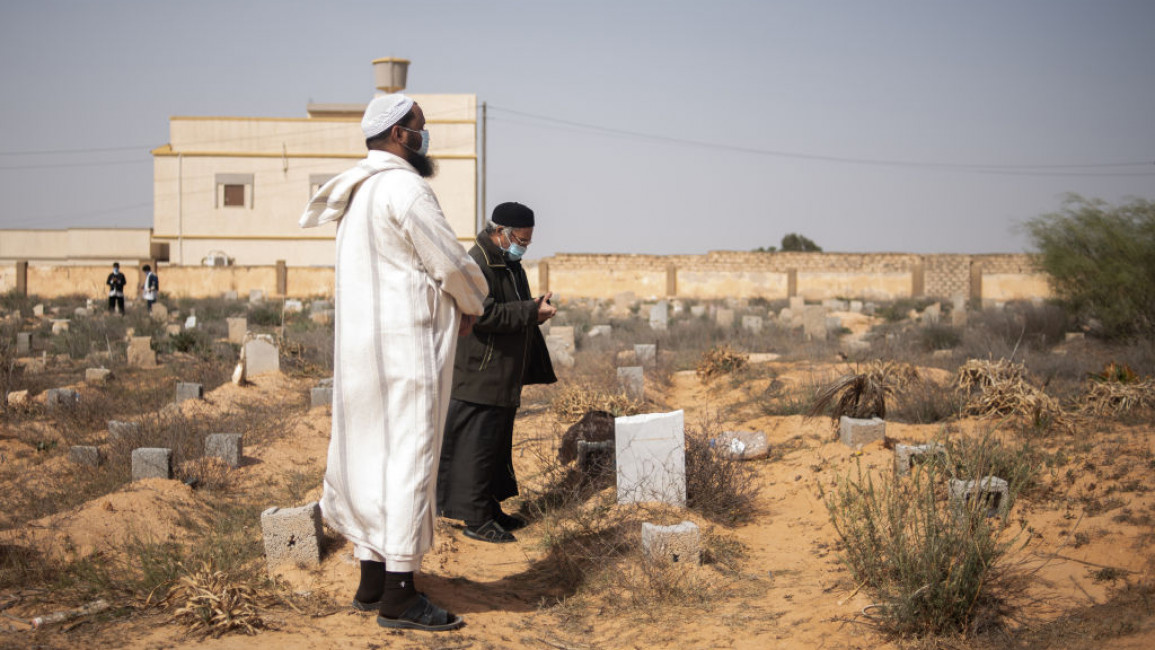Human rights groups call on UN to extend Libya fact-finding mission
Seven human rights organisations have signed an open letter calling on the member states of the UN Human Rights Council to continue their support for the Independent Fact-Finding Mission on Libya.
The signatories to the letter said that impunity for past crimes and violations will only create more violence and instability in the country.
“Members of armed groups, militias, and security forces continue to carry out extrajudicial killings, enforced disappearances, torture, sexual and gender-based violence, and arbitrary arrest and detention throughout Libya,” they wrote.
The letter was signed by Amnesty International, Cairo Institute for Human Rights Studies, Human Rights Watch, the International Commission of Jurists, the International Federation for Human Rights, Lawyers for Justice in Libya, and the Women’s International League for Peace and Freedom.
While the signatories praised the Human Rights Council for its initiative in establishing the Independent Fact-Finding Mission, they lamented the fact that the mission is presenting its findings just four months in.
1/4 Alongside other #HumanRights organisations, we are calling on @UN_HRC members to renew the mandate of the Independent Fact-Finding Mission on #Libya (FFM). Read our joint press release: https://t.co/QbpCv6nKIq
— Lawyers for Justice in Libya (@LibyanJustice) September 21, 2021
“The limited time at its disposal and the movement restrictions related to the Covid-19 pandemic have severely hampered the mission’s ability to effectively discharge its mandate, limiting its access to the country and its ability to investigate the wide range of human rights violations and abuses committed over the past five years,” they wrote.
The mission is set to deliver its findings on 7 October, while its mandate is due to expire on 30 September.
The short window of time provided to the mission was a point of disappointment for the members of the mission as well.
“We are in a position to reach a number of important findings, which we will present to the Human Rights Council in October. However, a full determination of the violations and abuses committed in Libya since 2016 requires significantly more time,” Tracy Robinson, a mission member said at the end of their visit in August.
Libya has been wracked by conflict since 2011, when Libyans rose up to overthrow long-time dictator Muammar Gaddafi. All sides involved in the conflict have been accused of committing serious human rights violations.
Peace efforts in the country were dealt a serious blow this week when a lower house session in the eastern city of Tobruk voted to withdraw confidence from the Tripoli-based administration of interim Prime Minister Abdulhamid Dbeibah.



